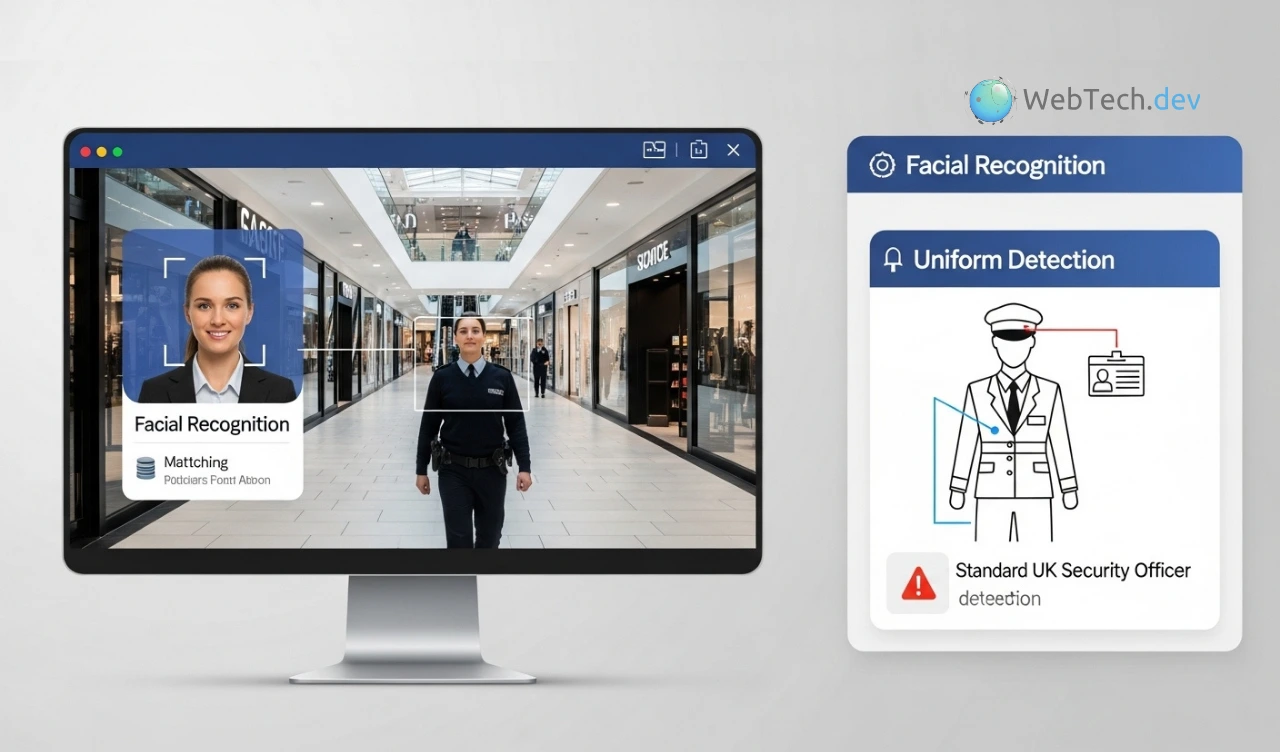The software development landscape in the UK is rapidly evolving, with 2024 poised to be a transformative year for the industry. As businesses continue to prioritize digital transformation, innovation is being driven by a combination of cutting-edge technologies, changing consumer expectations, and a dynamic regulatory environment. Here’s a look at the top software development trends shaping the UK in 2024.
1. Artificial Intelligence and Machine Learning Take Center Stage
Artificial Intelligence (AI) and Machine Learning (ML) are no longer just buzzwords—they are fundamental components of modern software solutions. In 2024, we’re seeing an increasing number of UK companies integrating AI and ML into their operations, from predictive analytics and personalized customer experiences to automated decision-making.
- Automation: Businesses are leveraging AI to automate routine tasks, freeing up human resources for more complex activities.
- Data-Driven Insights: AI and ML provide deeper insights into customer behavior, helping businesses make more informed decisions.
- Enhanced User Experience: AI-driven chatbots and virtual assistants are improving customer service and engagement, offering real-time, personalized support.
2. Rise of Low-Code and No-Code Development
The demand for faster software development cycles and the shortage of skilled developers have led to the rise of low-code and no-code platforms. These platforms allow users to create applications with minimal coding knowledge, accelerating development processes and enabling non-technical stakeholders to contribute.
- Agility: Low-code platforms allow businesses to respond quickly to market changes by rapidly developing and deploying new applications.
- Cost-Efficiency: By reducing the need for extensive coding, these platforms lower development costs and make innovation more accessible.
- Inclusivity: Non-developers can now participate in the development process, fostering greater collaboration across teams.
3. Emphasis on Cybersecurity and Data Privacy
With the increasing digitization of services, cybersecurity has become a top priority for UK businesses. The rise in cyber threats, coupled with stringent regulations like GDPR, is driving innovation in secure software development practices.
- Regulatory Compliance: Adhering to data protection laws is not just a legal obligation but also a business imperative to maintain consumer trust.
- Advanced Threat Detection: AI-powered cybersecurity solutions are being developed to detect and mitigate threats in real-time.
- Secure Software Development Lifecycle (SDLC): There is a growing emphasis on integrating security into every stage of the software development process, from design to deployment.
4. Cloud-Native Development and DevOps Evolution
As more UK companies migrate to the cloud, cloud-native development is becoming the standard for new applications. This trend is closely linked with the ongoing evolution of DevOps practices, which aim to streamline the development process and improve collaboration between development and operations teams.
- Scalability: Cloud-native applications are designed to scale easily, accommodating fluctuating demands.
- Efficiency: DevOps practices, such as Continuous Integration/Continuous Deployment (CI/CD), are reducing development time and improving software quality.
- Flexibility: The cloud offers greater flexibility in terms of resources, allowing businesses to innovate without being constrained by infrastructure limitations.
5. Focus on Sustainable Development Practices
Sustainability is becoming a significant consideration in software development, driven by both consumer demand and regulatory pressures. Companies are now looking at ways to reduce the environmental impact of their digital operations, from energy-efficient coding practices to sustainable data storage solutions.
- Consumer Expectations: As consumers become more environmentally conscious, they expect businesses to adopt sustainable practices.
- Regulatory Pressures: UK government initiatives aimed at reducing carbon footprints are encouraging companies to develop more eco-friendly software.
- Corporate Social Responsibility (CSR): Businesses are recognizing the importance of sustainability in their CSR strategies, leading to greener software development practices.
6. Expansion of 5G and Edge Computing
The rollout of 5G across the UK is accelerating the adoption of edge computing, where data processing occurs closer to the source of data generation rather than in a centralized cloud server. This trend is enabling faster, more efficient applications, particularly in sectors like IoT, autonomous vehicles, and smart cities.
- Low Latency: Edge computing reduces latency, enabling real-time processing and decision-making.
- IoT Growth: The proliferation of IoT devices requires faster and more efficient data processing, which is made possible by edge computing.
- Enhanced Connectivity: 5G’s higher bandwidth and speed are critical enablers of edge computing, facilitating the development of new, innovative applications.
7. AI-Driven Software Testing
As software systems become more complex, traditional testing methods are being supplemented—and in some cases, replaced—by AI-driven testing solutions. These tools can automatically generate test cases, identify bugs, and even predict areas of potential failure, making the testing process more efficient and reliable.
- Speed: AI-driven testing tools significantly reduce the time required for testing, enabling faster release cycles.
- Accuracy: By leveraging AI, testing processes can identify issues that might be missed by human testers, improving software quality.
- Adaptability: AI-driven tools can learn and adapt to new testing requirements, making them highly flexible and scalable.
8. Blockchain Beyond Cryptocurrency
Blockchain technology is finding new applications beyond cryptocurrency, particularly in areas like supply chain management, healthcare, and finance. In the UK, blockchain is being used to enhance transparency, security, and efficiency in various sectors.
- Transparency: Blockchain’s immutable ledger provides a transparent and secure way to track transactions and data.
- Security: The decentralized nature of blockchain makes it resistant to tampering and fraud, which is particularly valuable in industries handling sensitive information.
- Innovation: New use cases for blockchain are constantly emerging, driving further adoption and innovation in the technology.





